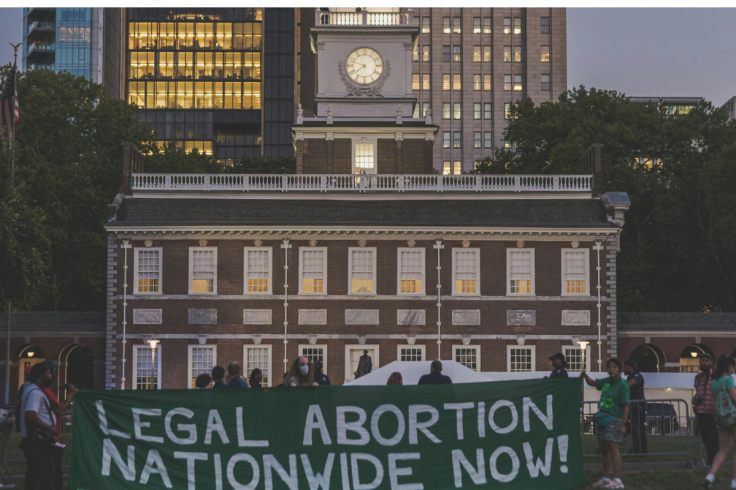UK Abortion Law Uproar: MPs' Move to Decriminalise Terminations Sparks Fears of Infanticide
Opponents contend the amendment effectively legalises the termination of viable foetuses, equating it to infanticide.

In a significant approval on 18 June 2025, UK MPs voted 379 to 137 to pass Labour MP Tonia Antoniazzi's amendment to the Crime and Policing Bill, decriminalising abortion for women at any stage of pregnancy.
This historic change in over 50 years, removes criminal sanctions for women who end their pregnancies after 24 weeks or without two doctors' approval, sparking fierce debate over its implications with critics warning it opens the door to 'prenatal infanticide', while supporters argue it protects vulnerable women.
Grasp the Amendment's Sweeping Change
The amendment ensures that women face no prosecution for aborting their own pregnancies, regardless of gestation stage or method.
The Spectator reports that cases like Carla Foster, who aborted her baby at 32 weeks using pills obtained by post, would now face no legal consequences.
Previously, such actions could violate the Offences Against the Person Act 1861, but the new law leaves existing regulations, 24-week limits and dual-doctor approval, intact for medical professionals.
The Guardian notes that the 'pills-by-post' system, introduced during Covid, has enabled late-term abortions by allowing remote prescriptions without in-person gestation checks, a practice Tory MP Caroline Johnson's failed amendment sought to end.
On X, users like @ReasonedUK express alarm, arguing the law permits ending viable pregnancies without oversight, citing gender-based abortions as a risk.
Face the Critics' Infanticide Fears
Opponents contend the amendment effectively legalises the termination of viable foetuses, equating it to infanticide.
The Spectator report highlights that premature babies at 24 weeks have a strong survival chance in neonatal care, yet the law now allows mothers to end such pregnancies with impunity.
Labour MP Stella Creasy's broader amendment, which also sought to shield concealed newborn deaths, intensified fears of eroding protections for late-term foetuses, though Antoniazzi's narrower version prevailed.
Critics, including @ThePsychoNarcs on X, label the vote 'state-sanctioned murder', arguing it prioritises bodily autonomy over unborn life.
The Daily Mail reports that 70% of women support reducing the 24-week limit, suggesting public unease with late-term abortions, yet MPs' swift passage after two hours of debate has fuelled accusations of inadequate scrutiny.
Hear the Supporters' Defence
Proponents, including Antoniazzi, argue that the amendment protects women from outdated laws that disproportionately harm the vulnerable.
Supporters insist the law doesn't alter clinical abortion regulations, maintaining safeguards within healthcare settings. Labour ministers, including Pat McFadden and Liz Kendall, backed the change, reflecting broad cabinet support.
On X, some users praise the reform as a step toward women's autonomy, arguing criminalisation fails to address underlying social issues.
The amendment's passage aligns with calls to modernise abortion laws, though supporters downplay fears of widespread late-term abortions, citing their rarity.
A Moral Divide with Lasting Stakes
The decriminalisation of abortion up to birth has exposed a deep ethical rift in the UK.
While supporters celebrate it as a victory for women's rights, critics warn it risks normalising the loss of viable lives, a step too far toward moral ambiguity.
With public sentiment divided and fears of 'infanticide' looming, the UK faces a reckoning over balancing autonomy and protection.
MPs' decision may reshape abortion discourse for decades, but healing this divide demands honest debate, not division.
© Copyright IBTimes 2025. All rights reserved.





















